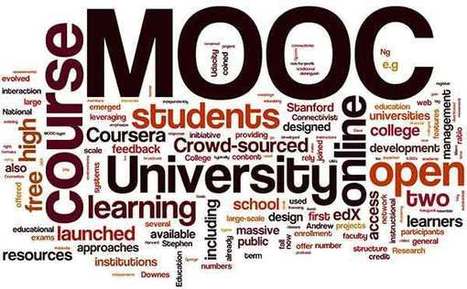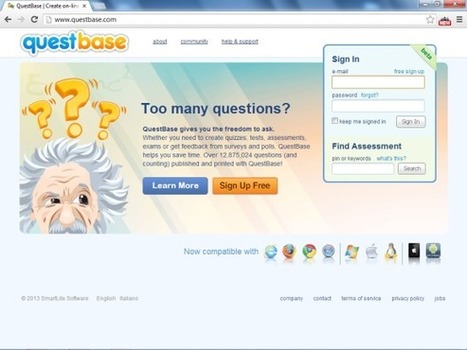This guest blog has been kindly contributed by Professor Neil Morris, Chair in Educational Technology, School of Education, University of Leeds. He can be found at @NeilMorrisLeeds
The Unbundled University research project, funded by the UK’s Economic and Social Research Council (ESRC grant number ES/P002102/1) and the National Research Foundation in South Africa (NRF grant number 105395), explored a range of issues in relation to the expansion of online education in universities in the UK and South Africa, including partnerships with private companies and the disaggregation of learning and teaching materials for delivery online (‘unbundling’).
Data were collected from interviews with senior leaders, academics, students and private companies in both countries. The data are being written up for publication in academic journals, but given the rapid shift to focus on online education as a result of the Covid-19 pandemic, it is evident that some of the headlines from the research need to be put in the public domain rapidly.
Via Elizabeth E Charles



 Your new post is loading...
Your new post is loading...

















A timely report with the mass move to online teaching/learning.